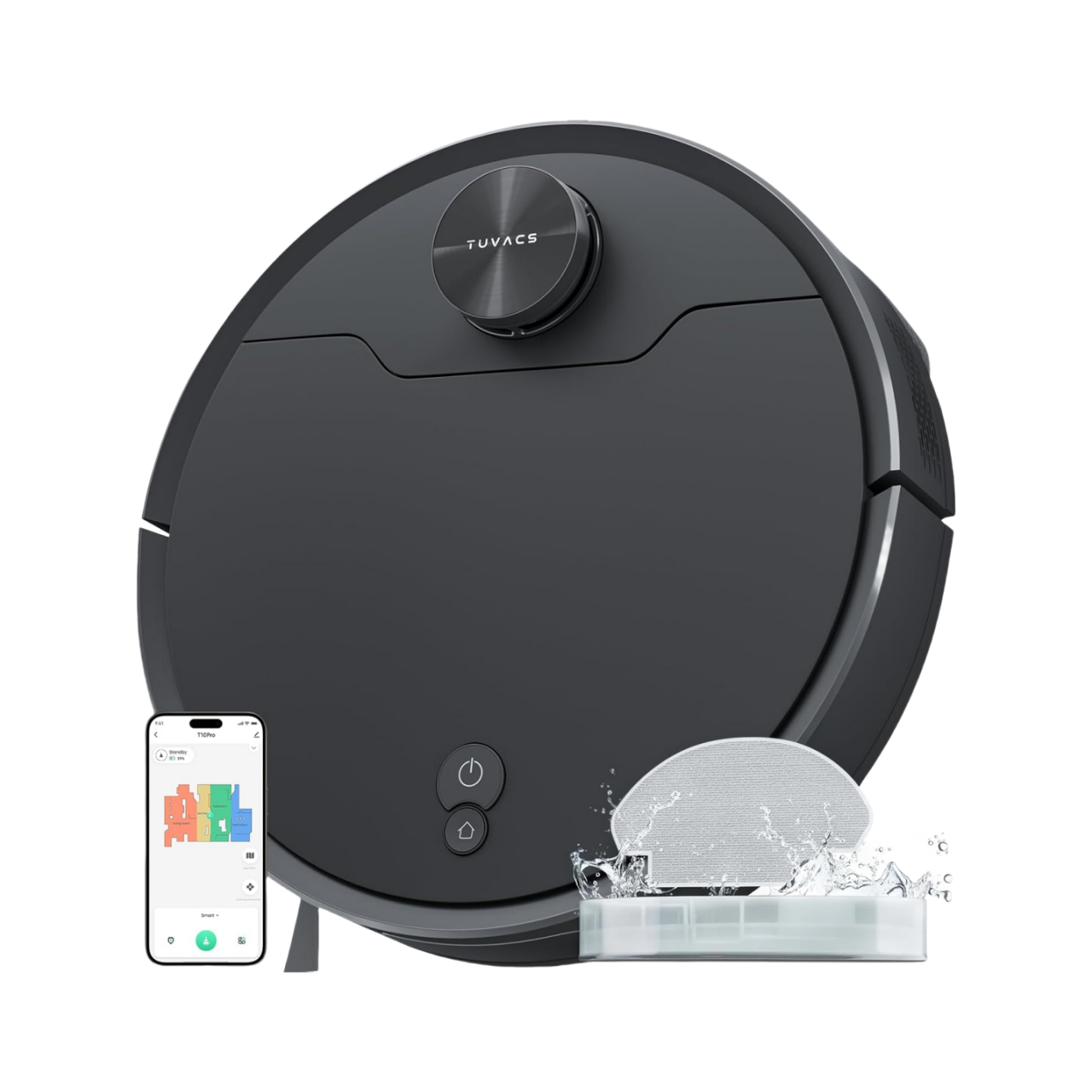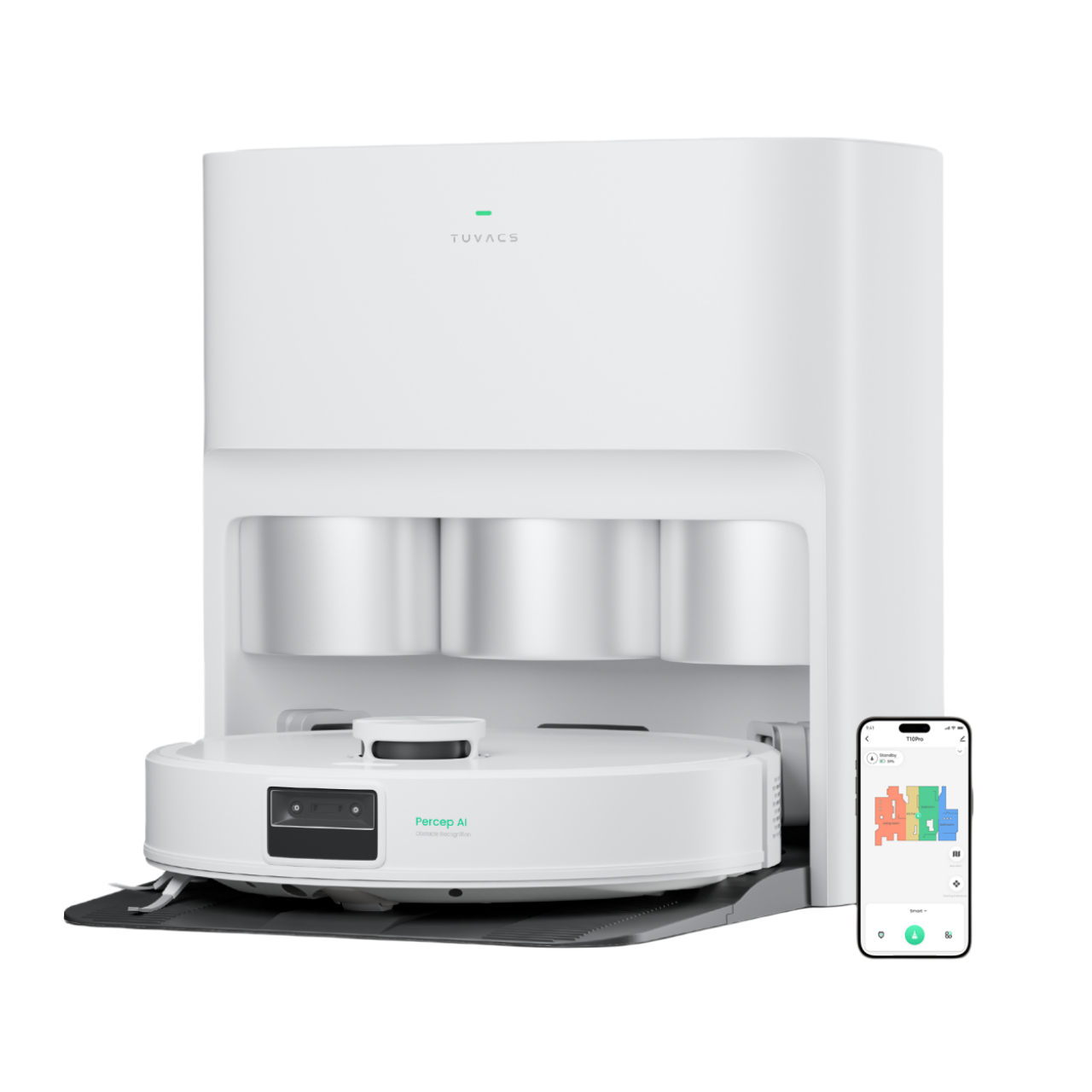
In recent years, the proliferation of smart home devices has transformed domestic cleaning routines. I recall a conversation with a friend who had just purchased a robot vacuum and mop. She enthusiastically described how it navigated her home, effortlessly transitioning from carpet to tile while simultaneously mopping the floors. This anecdote highlights not only the convenience these devices offer but also raises questions about their legal status in terms of regulations governing sales, imports, and customs valuation.
Click to find more about robot vacuum and mop for sale.
The Legal Framework Surrounding Robot Vacuum and Mop for Sale
Robot vacuums and mops are increasingly popular consumer products that fall under various legal frameworks concerning safety standards, import regulations, and intellectual property rights. These devices must comply with specific national safety guidelines to ensure they do not pose risks to consumers or properties. Furthermore, when imported into different jurisdictions, they are subject to Customs Valuation Rules which determine their taxable value based on transaction values or computed values as per international trade agreements.
The Intersection of Home Robots and Customs Valuation Rules
A closer examination reveals that home robot vacuums play a significant role within Customs Valuation Rules due to their classification as electronic appliances. According to these rules, the valuation process involves assessing factors such as production costs, shipping expenses, insurance fees during transit, and any applicable tariffs imposed by importing countries. This comprehensive approach ensures that all financial aspects related to bringing these innovative products into new markets are accounted for accurately.
An In-Depth Look at Tuvacs in Relation to Customs Valuation Rules

Tuvacs—an emerging brand in the realm of robotic cleaning solutions—exemplifies compliance with Customs Valuation Rules through meticulous documentation practices regarding product pricing structures. By providing transparent invoices detailing manufacturing costs alongside freight charges incurred during shipment processes from overseas factories to local distributors or retailers; Tuvacs effectively mitigates potential disputes over declared values at customs checkpoints while ensuring adherence to regulatory requirements across multiple regions.
Conclusion
In summary, robot vacuums and mops represent an intersection between technological advancement in household management tools and complex legal frameworks governing their sale internationally. Understanding how these devices fit within Customs Valuation Rules is crucial for manufacturers seeking global market access while adhering strictly both ethically & legally throughout distribution channels worldwide.
